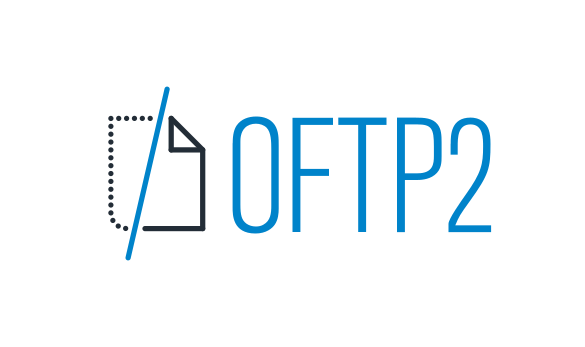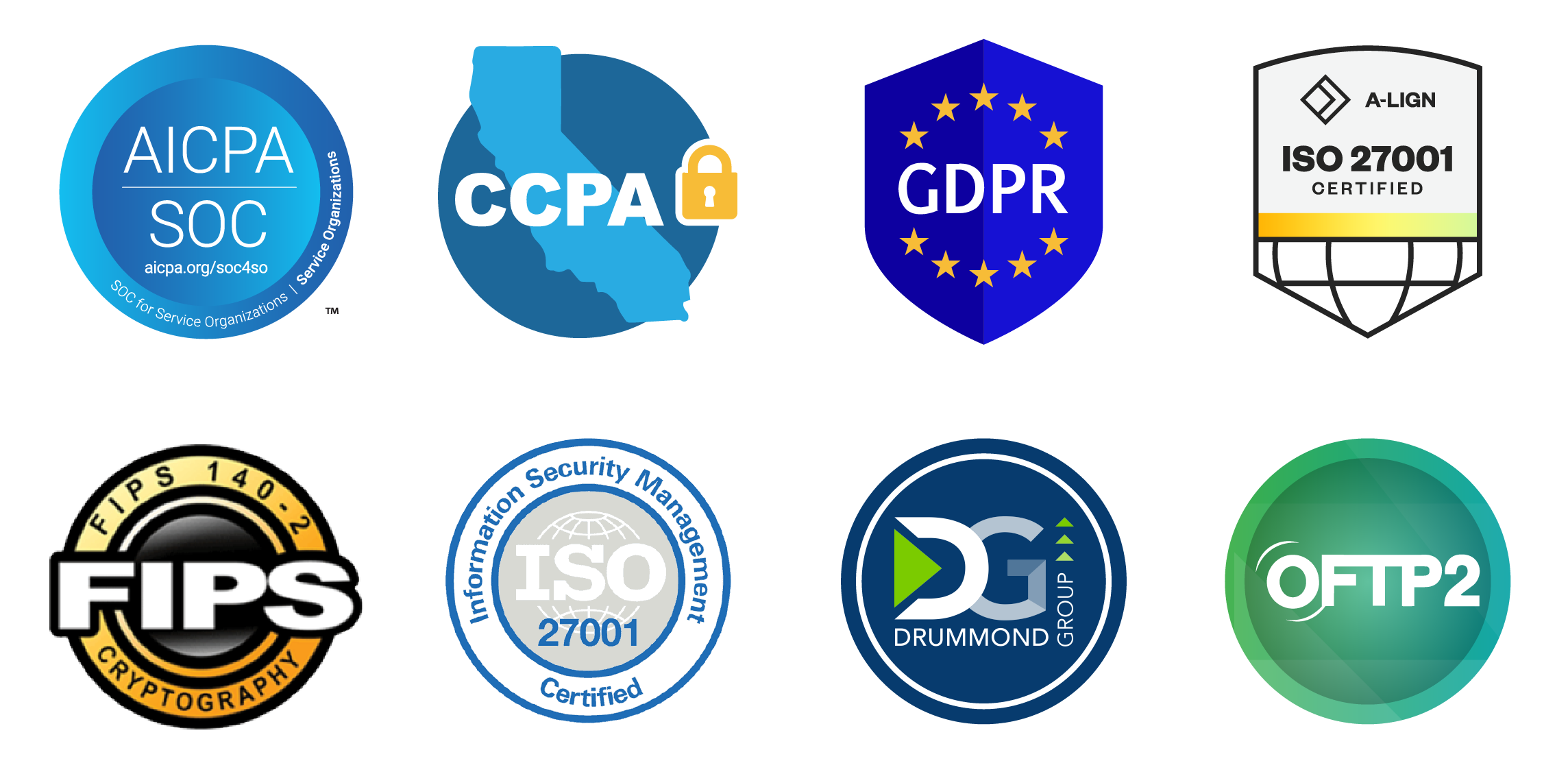OFTP / OFTP2
OFTP (Odette File Transfer Protocol): Established by Odette, the European automotive standards body, OFTP is the most prolific protocol inside Europe for the exchange of EDI data, in particular for the automotive industry, and was initially designed to work over an X.25 network.
OFTP2 (Odette File Transfer Protocol 2): This advanced version of OFTP is mainly intended for secure data exchange over the Internet, where security is enhanced by the use of encryption methods and digital certificates.

The benefits of OFTP/OFTP2
Compare OFTP2 and AS2
Industry mandates directing the use of one protocol versus another often arise from the history of implementation, industry use, and market penetration. To illustrate, we’ll compare two advanced protocols, OFTP2 and AS2:
Connect to your trading partners using OFTP(S)
Power your most critical business exchanges and securely connect to your customers, suppliers, and partners via Cleo's industry-leading OFTP(S) integration solution.
- > Ensure reliable and secure exchange of business documents
- > Compliantly connect to thousands of OFTP-enabled companies
- > Support automotive connectivity mandates for BMW, Ford, Volvo and more
Don't take our word for it... Cleo Integration Cloud was rated Best EDI Software of 2024
AS2, FTP, SFTP, and OFTP2 all in one place in the cloud so that you reduce costs, consolidate infrastructure, and improve operations and productivity. Data transformation capabilities let you communicate with a greater number of trading partners.
> Automate critical file-based processes with every trading partner
> Reduce manual touchpoints such as rekeying of documents
- > Accelerate your cash cycle and eliminate errors


Our credentials
Cleo is committed to providing high-quality products and services. Cleo Integration Cloud is secure and tested against industry standards and is designed for data security and process integrity.